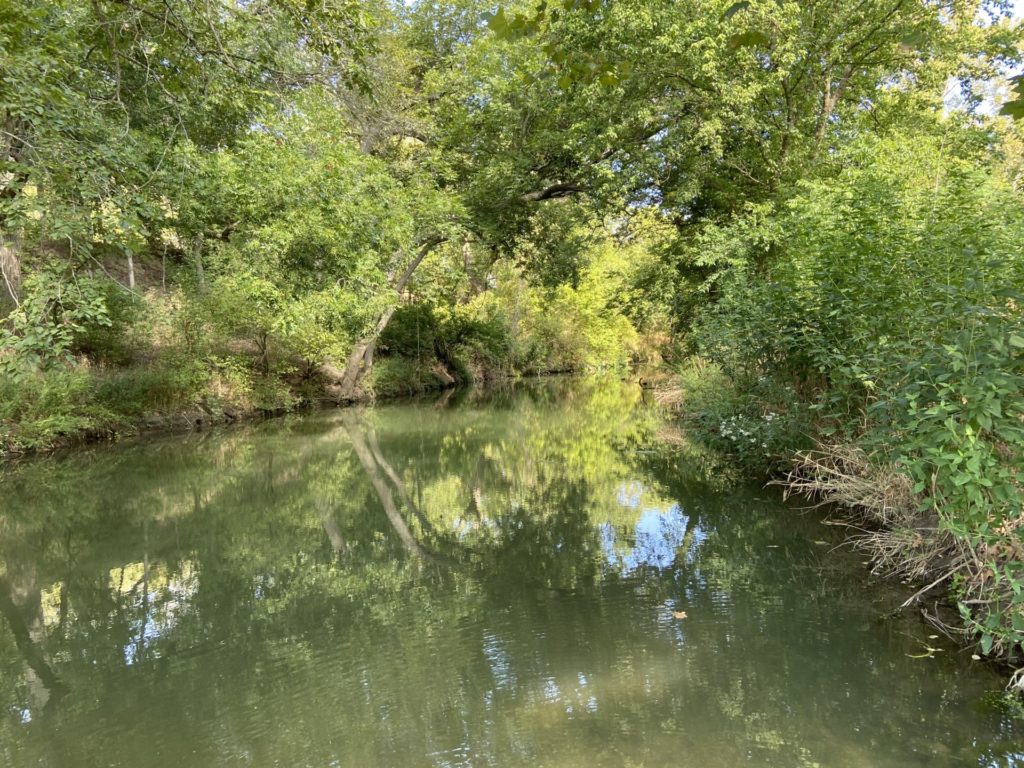Free riparian, stream ecosystem training for San Antonio area
Online training plus Dec. 8 discussion offered
The Texas Water Resources Institute, or TWRI, will host a free two-part online training workshop of the Texas Riparian and Stream Ecosystem Education Program.
The first part will be a virtual training, which includes a pre-recorded program that will be made available to all registered participants two weeks prior to the Dec. 8 gathering.
After viewing the online program, participants can join instructors and local watershed coordinators from 10 a.m.-noon Dec. 8 on the Zoom meeting platform to discuss and ask questions.
Those planning to participate in the Dec. 8 portion must RSVP by Dec. 1 at the San Antonio Area Watersheds Riparian & Stream Ecosystems Training page or to Claire Escamilla, research associate at the institute’s San Antonio office.
This training is for residents and others interested in land and water stewardship in the San Antonio-area watersheds. It is co-hosted locally by the San Antonio River Authority and the Texas A&M AgriLife Extension Service in Bexar County.
The importance of riparian areas to watersheds
The online education program will have an introduction to riparian principles, watershed processes, basic hydrology, erosion/deposition principles and riparian vegetation. It will also address potential causes of degradation and possible impairment, as well as any available local resources and technical assistance.
Escamilla said proper management, protection and restoration of these areas directly influences water quality and quantity, plus stabilizes stream banks and improves fish and aquatic habitats and communities.
“The goal of the training is for participants to better understand riparian and watershed processes, the benefits of healthy riparian areas and what resources are available to prevent degradation while improving water quality,” she said.
Escamilla said the institute is able to offer the training without cost thanks to program funding provided through a Clean Water Act nonpoint source grant from the Texas State Soil and Water Conservation Board and the U.S. Environmental Protection Agency.
Participants will receive a certificate of completion and appropriate continuing education unit certificates at the conclusion of the training.
The training offers many types of continuing education units, including three units — two general and one integrated pest management — for Texas Department of Agriculture pesticide license holders. It offers one unit from the Texas Water Resources Institute, seven hours for Certified Crop Advisors and six hours for Texas Nutrient Management Planning specialists. The program may also be used for continuing education units for professional engineers.
The riparian education program is managed by the Texas Water Resources Institute, part of Texas A&M AgriLife Research, AgriLife Extension and the College of Agriculture and Life Sciences at Texas A&M University.
For more information, contact Escamilla or visit the Texas Riparian Association website or Facebook page.



